Integrating citizens’ recommendations in food waste policy
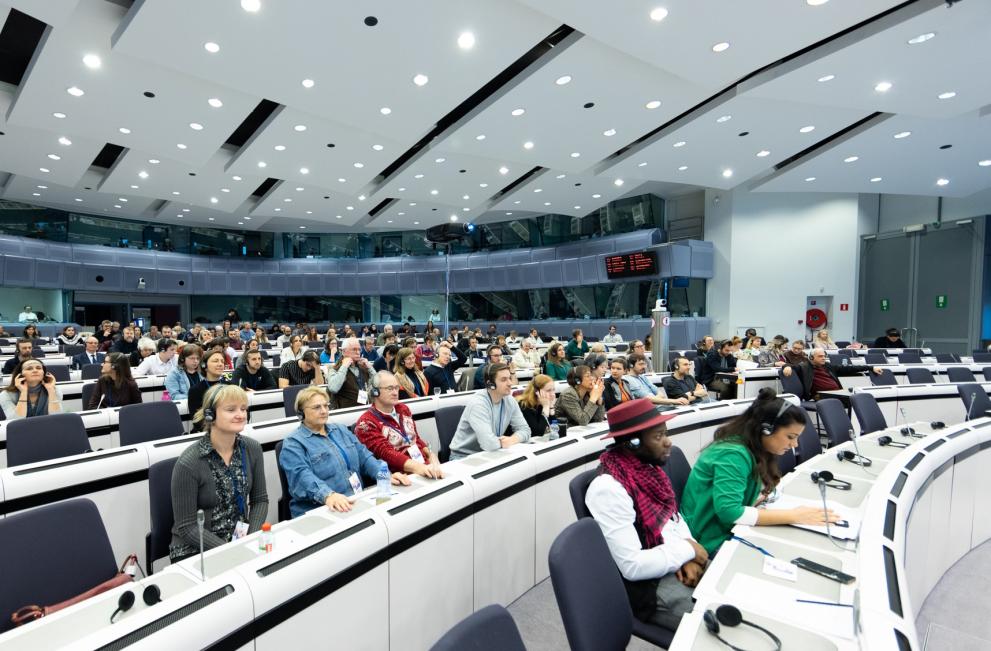
The Citizens’ Panel contributed to the Commission’s proposal to revise the Waste Framework Directive and its accompanying measures and actions. It covers the following recommendations:
- Recommendations 5 and 17: Member States should run information campaigns to raise awareness about food waste prevention.
- Recommendation 5: Member States should monitor and assess the implementation of their food waste prevention measures.
- Recommendations from Thematic block I: Member States should support cooperation among food supply chain actors to address inefficiencies in the functioning of the food supply chain and promote food donation.
Latest updates
- Recommendation 5: In November 2024, the Commission launched the EU Food System Monitoring Dashboard — an interactive tool to track key sustainability indicators across the food supply chain. The indicators cover three dimensions: environmental, economic and social, with the latter including health aspects of diets.
- Recommendations from Thematic block III: To support all food businesses, NGOs and public authorities address consumer food waste, the Commission has developed a Toolkit to Reduce Consumer Food Waste.
How to reduce food waste more effectively?
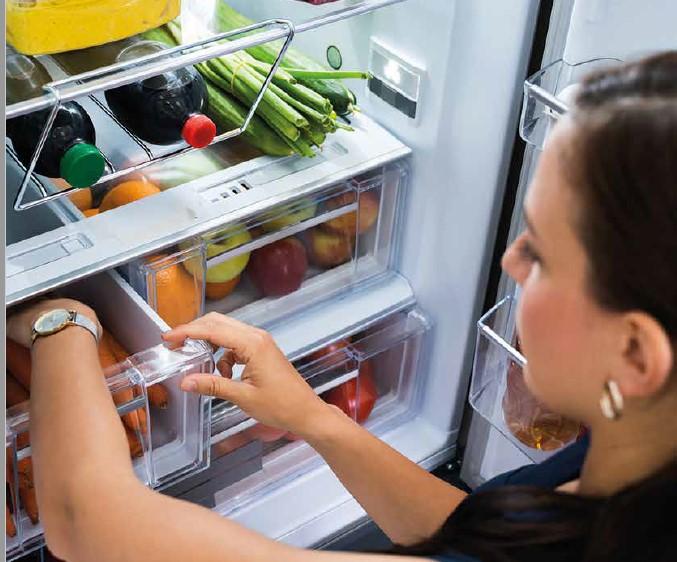
Not enough progress has been made to date in Member States to significantly reduce food waste levels as committed.
The setting of legally binding targets as proposed by the European Commission for Member States will help reduce food waste along the food supply chain and in households. It requires Member States to take actions, whilst giving them the freedom to select the most effective measures according to their specific needs.
Member States need to reduce food waste at national level (in 2030 compared with 2020):
- by 30% (per capita) jointly at retail and consumption (restaurants, food services and households);
- by 10% in processing and manufacturing.
The citizens’ perspective
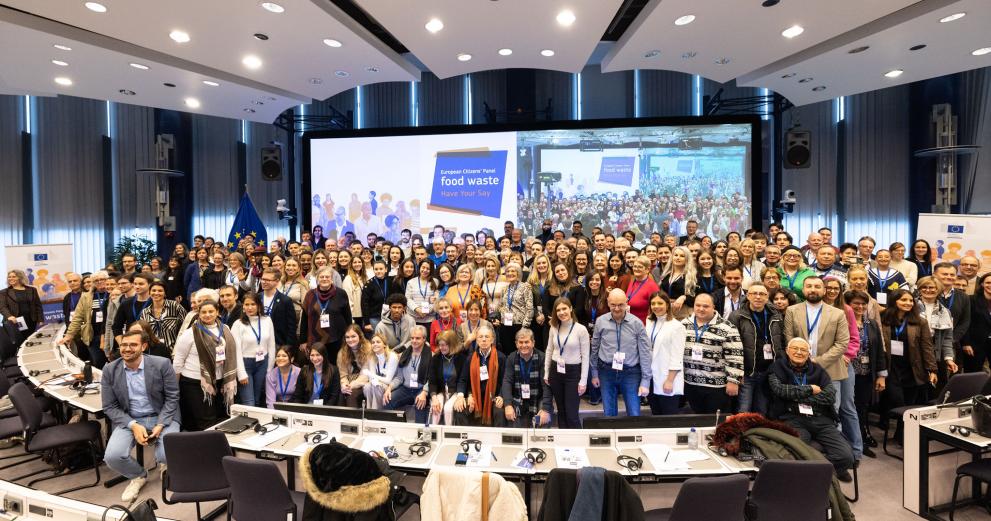
The Citizens’ Panel convened by the European Commission put forward 23 recommendations, highlighting the need to take a broad approach, engaging all actors and strengthening collaboration across the food supply chain.
A Citizens' Report with the full set of the panel's recommendations can be found in the documents section below. It was published together with the Commission’s legislative proposal. It is the first concrete and structured contribution by citizens to the development of European political and legislative initiatives, resulting from an exercise in participatory democracy.
The recommendations present 3 lines of action aiming to strengthen the cooperation in the food value chain, encourage food business initiatives and support consumer behavioral change.
They include:
- Associating food waste reduction with a fair, equitable food supply chain that ensures solidarity and cooperation between actors, with mechanisms in place to facilitate the redistribution of surplus food to those in need.
- The need for the EU to set an overarching goal to reduce food waste, with Member States taking steps to ensure that the goal is met following an evidence-based approach to guide and monitor progress made.
- The prominent role of education to build understanding and appreciation of the value of food from an early age.
What's next?
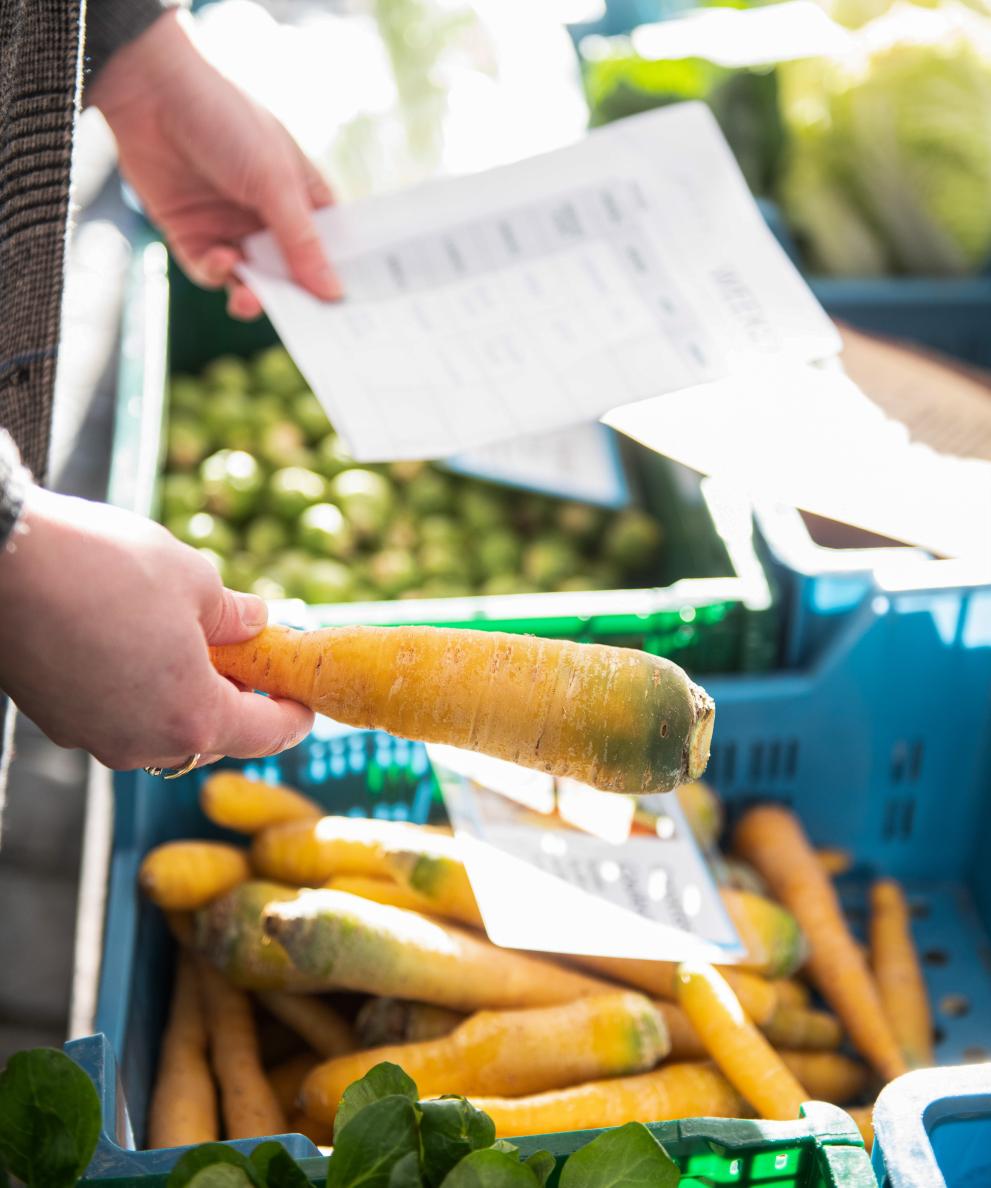
The outcome of the Citizens’ Panel will continue to support the overarching work of the Commission on food waste.
- For example, citizens confirmed and supported the need for EU-level action in food waste prevention and recommended sharing data and best practices among relevant stakeholders. Furthermore, as consumers, they want support in making their own informed decisions about how to consume and use food in relation to ‘use by’ and ‘best before’ dates.
- Citizens’ recommendations also indicated points for further consideration, such as, taking measures to forbid the destruction of safe, surplus food. Research on innovative and sustainable packaging is another area of further work, highlighted in the recommendations.
- The recommendations also revealed some areas for possible future action by the Commission, Member States and other players, such as the need to improve outreach and engagement with citizens across the EU.
Importantly, the outcome of the Panel will serve as a guide to help Member States in achieving the targets.
Against this background, citizens called for the establishment of local and national citizens’ engagement fora in order to actively contribute to reduce food waste on the ground.
On 7 November 2023, the European Commission provided feedback to the citizens on their recommendations which was also shared and discussed with the EU Platform on Food Losses and Food Waste bringing together Member States and stakeholders in view of being considered in national food waste prevention programmes.
Food waste: what's at stake?
23 recommendations to speed up food waste reduction in the EU

Today, over 37 million EU citizens cannot afford a quality meal every second day and high food prices are a growing concern. Wasting food is not only an economic and ethical issue, it also exacerbates climate change and depletes the environment of limited natural resources. How to drive further action and accelerate food waste reduction in the EU was the topic of the first of the new generation of citizens’ panel in the follow-up of the Conference on the future of Europe to actively contribute to the EU policy-making process.
The European citizens gathered in the panel have concluded their work after 3 weekends of deliberations. 23 recommendations were presented to the European Commission around three lines of action aiming to: strengthen the cooperation in the food value chain, encourage food business initiatives and support the change of consumer behaviour.
The citizens’ recommendations support the Commission’s work on food waste, including the legislative proposal to set legally binding EU reduction targets. The report of the deliberations, as the outcome of the panel, was published together with the Commission’s proposal. The food waste reduction targets are proposed as part of a targeted revision of the "Waste Framework Directive" addressing both textile and food waste. The citizens’ recommendations will be shared and discussed further with the EU Platform on Food Losses and Food Waste bringing together Members States and stakeholders.
The full set of recommendations can be found in the documents section below.
Timeline
The Food waste panel sessions took place between December 2022 and February 2023.
- 16-18 December 2022Session 1 - Brussels
The first session had to generate ideas, and to build and group approaches that citizens found most promising for further discussion.
- 20-22 January 2023Session 2 - online
The second session, was held online from 20-22 January 2023. Based on the approaches to reduce food waste agreed at the first session, initial recommendations were drafted. Citizens evolved ideas on three different topics
- Cooperation in the food value chain - From farm to fork
- Food business initiatives
- Supporting behaviour change among consumers.
- 10-12 February 2023Closing session - Brussels
The closing session on 10-12 February 2023 in Brussels submitted the conclusions of debates, together with the panels’ recommendations, to the European Commission. The final list of recommendations can be found in the documents section below.
How to reduce food waste more effectively?
The citizens’ perspective.
Citizens have discussed and developed recommendations on the actions that the EU, the 27 member states, citizens and other private and public stakeholders should take, in order to speed up efforts to reduce food waste.
Fighting food waste is a triple win
- saving food for human consumption
- helping farmers, companies and consumers to save money
- lowering the environmental impact of food production and
consumption
What was the outcome of the panel?
The panel has provided a list of recommendations to support the Commission’s work on food waste, which includes a legislative proposal to set EU food waste reduction targets. The panel also provided guidance to help Member States achieve these targets.
There is such a lack of knowledge when it comes to waste. It’s not just the consumer’s fault. We have to find solutions. We’re all consumers, after all.


Food waste panel group pictureFood waste panel group picture 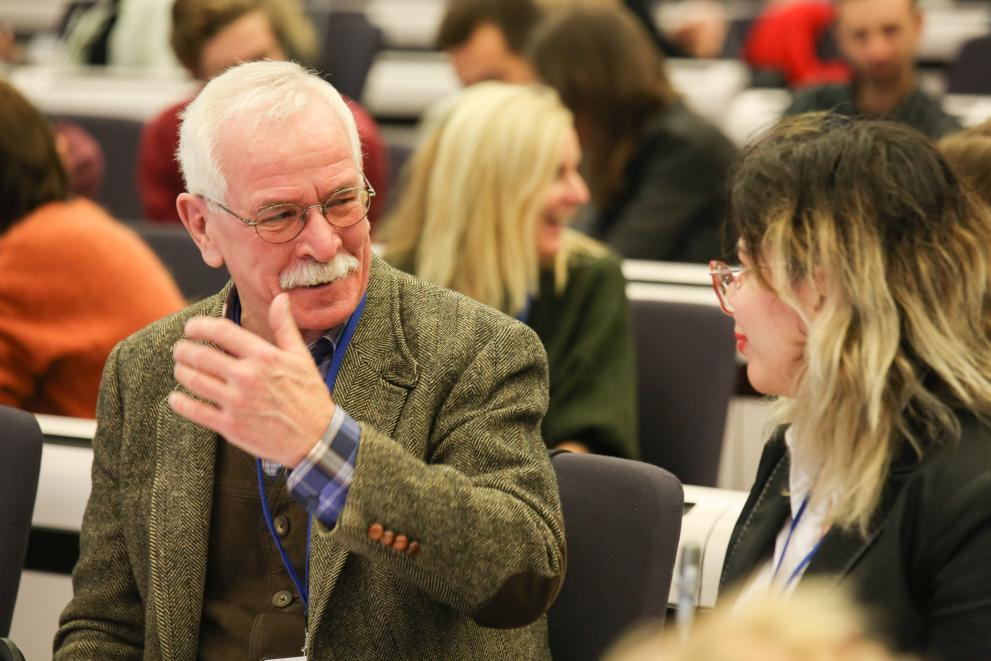

Citizen pannel - People talking 3Citizen pannel - People talking 3 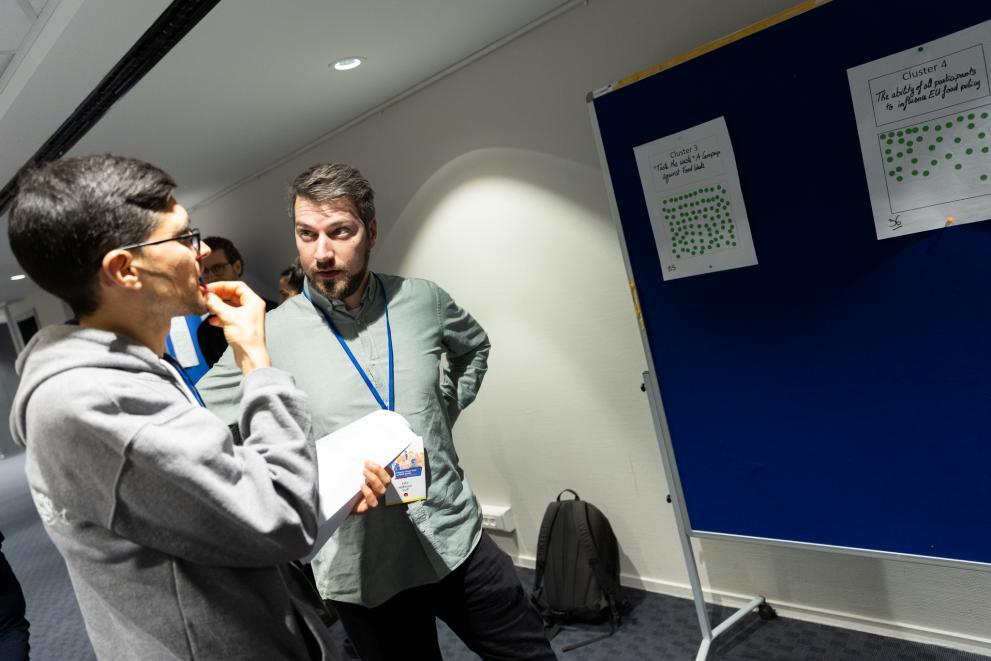

Citizens panel dotsCitizens panel dots 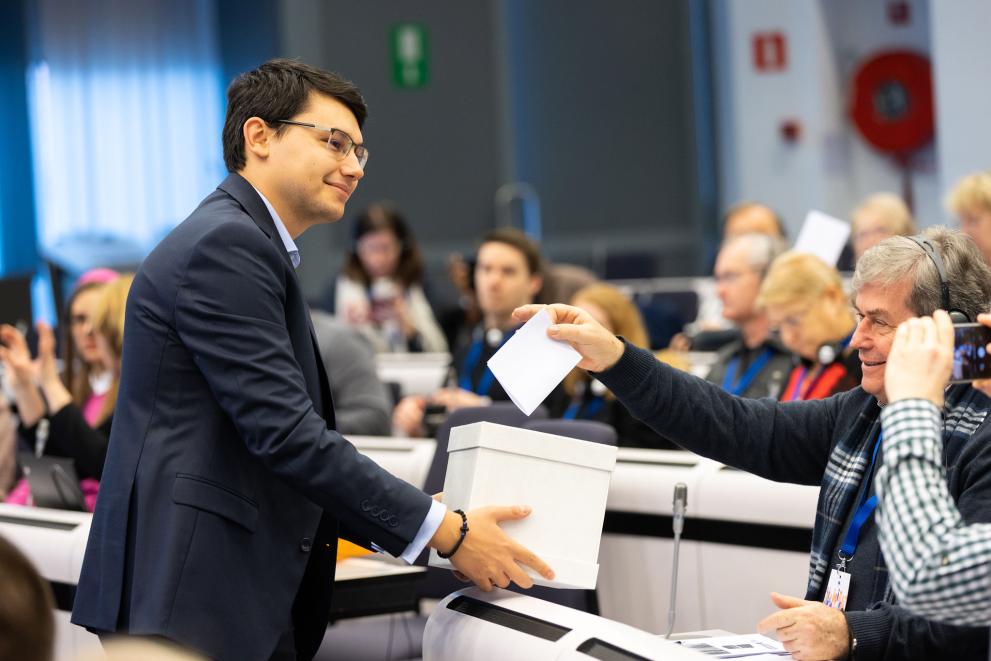

food waste panel votingfood waste panel voting 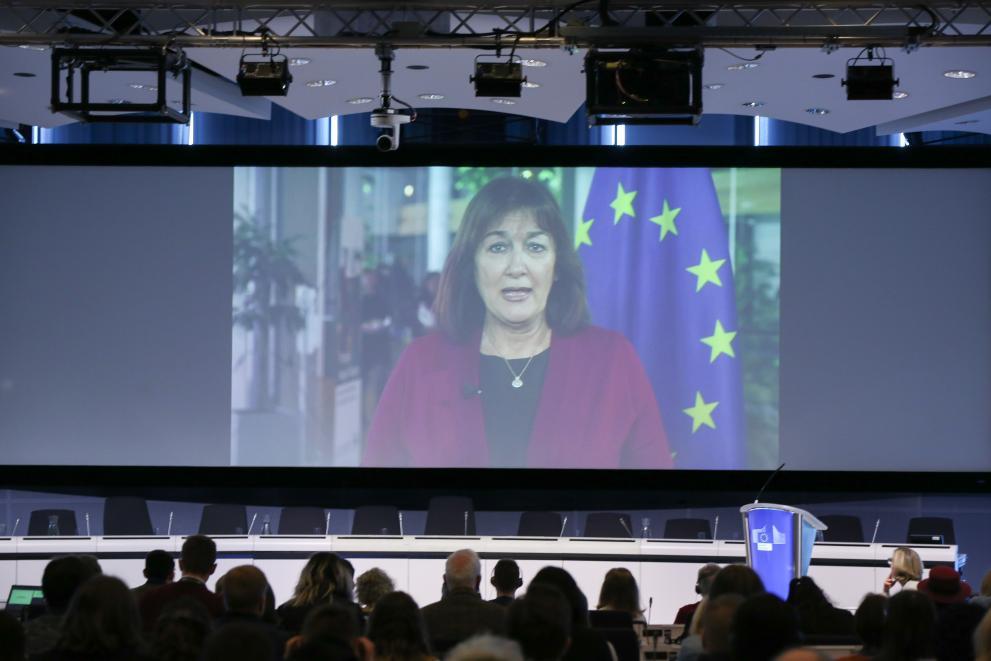

food waste panel Suicafood waste panel Suica 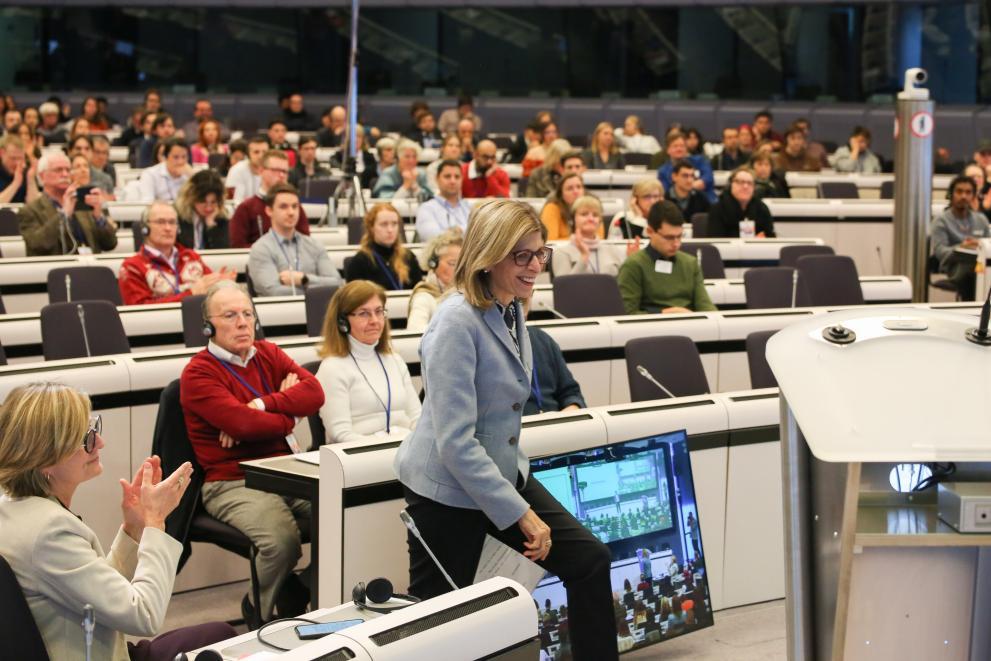

food waste session 1food waste session 1 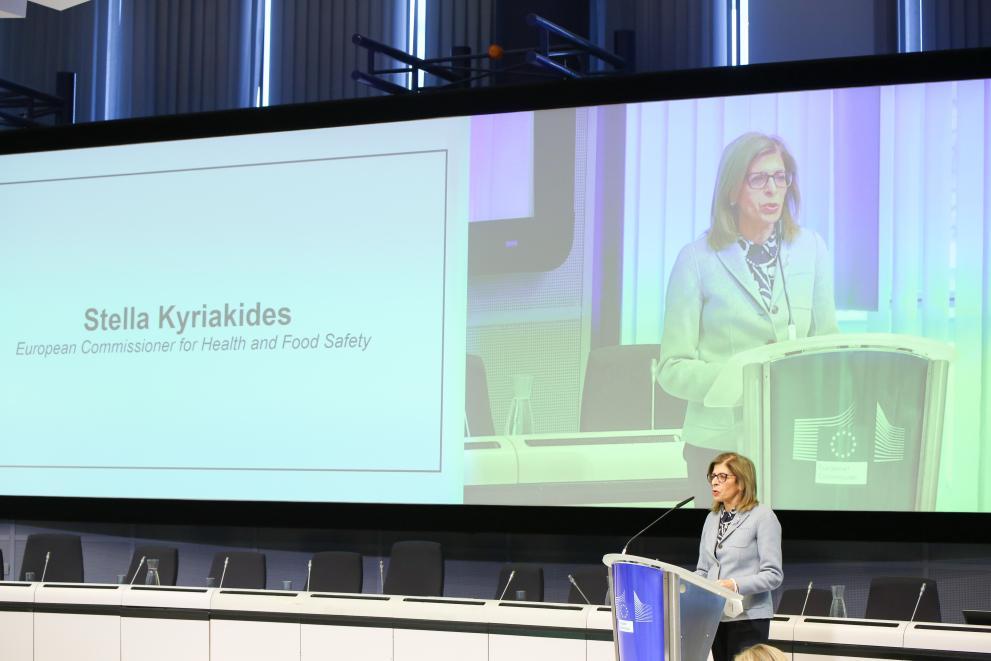

food wastefood waste 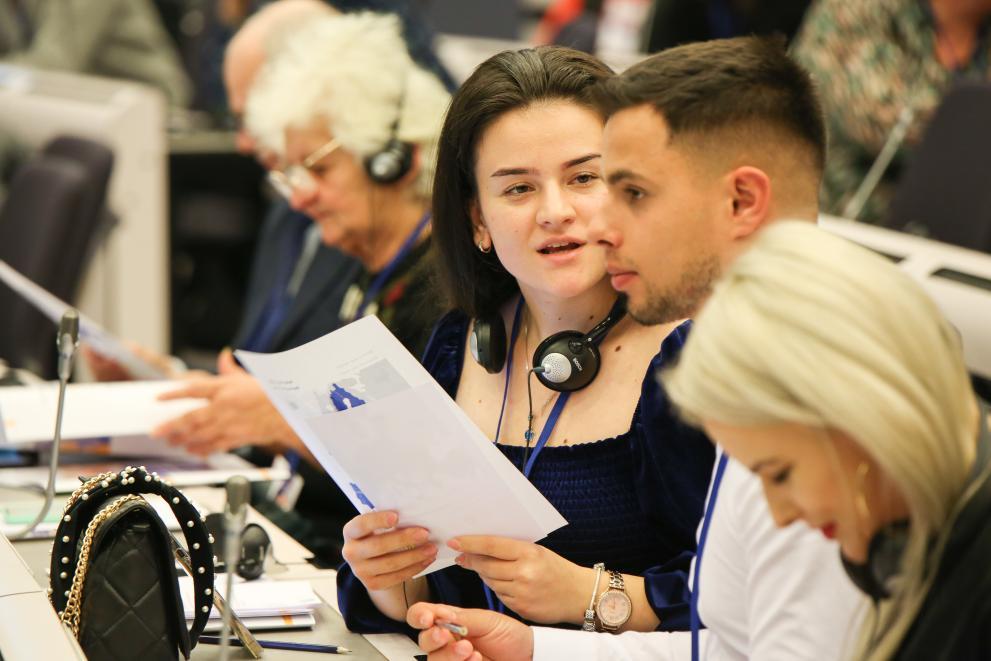

food waste panel citizensfood waste panel citizens 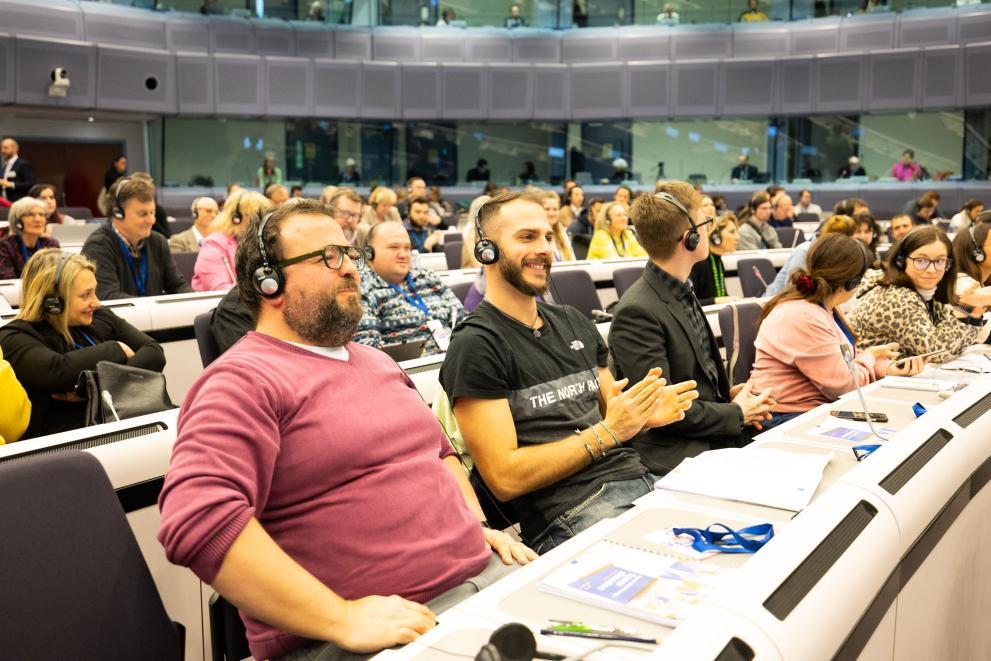

food waste panel participantsfood waste panel participants 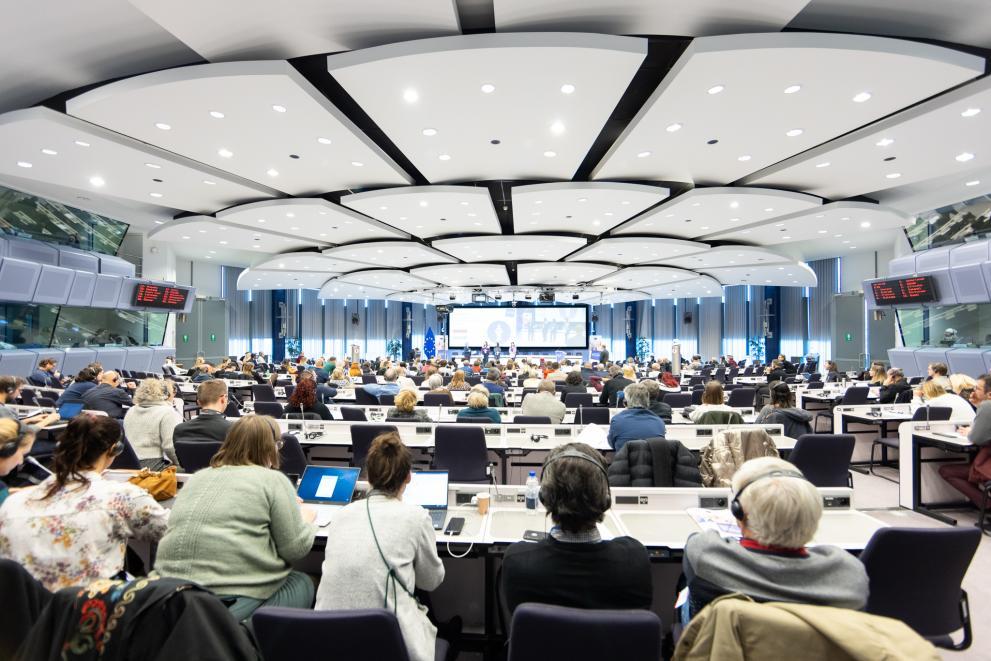

Citizens panelCitizens panel 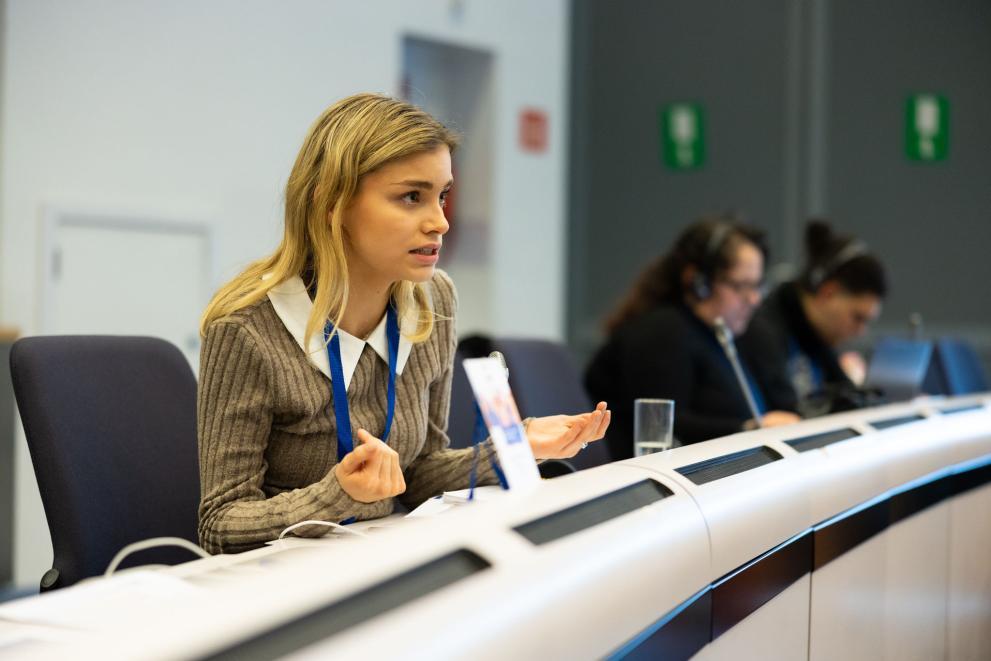

food waste panel participantfood waste panel participant 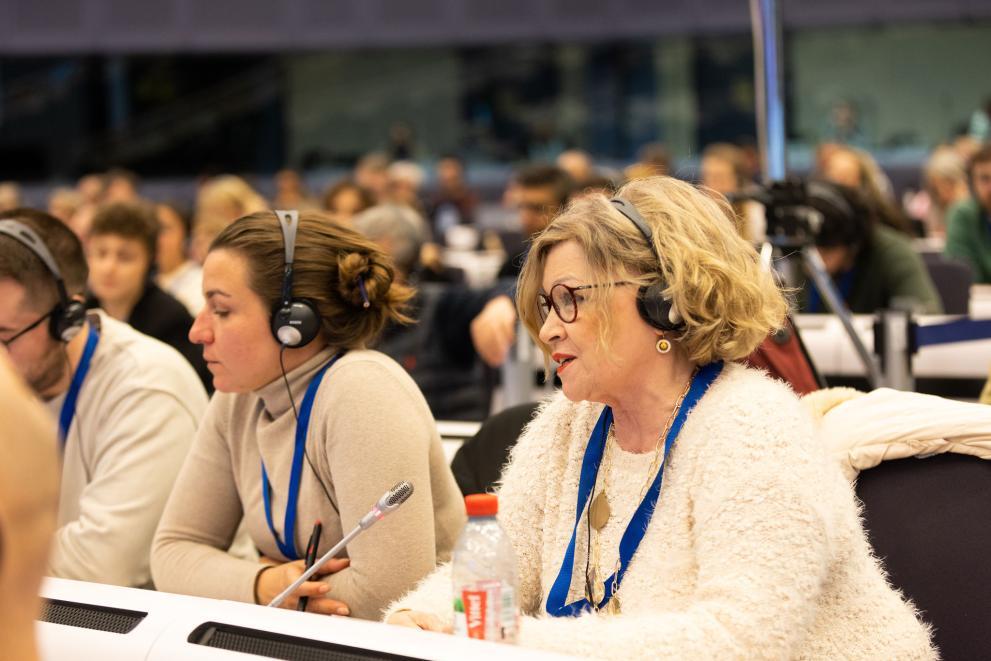

food waste panel participantsfood waste panel participants 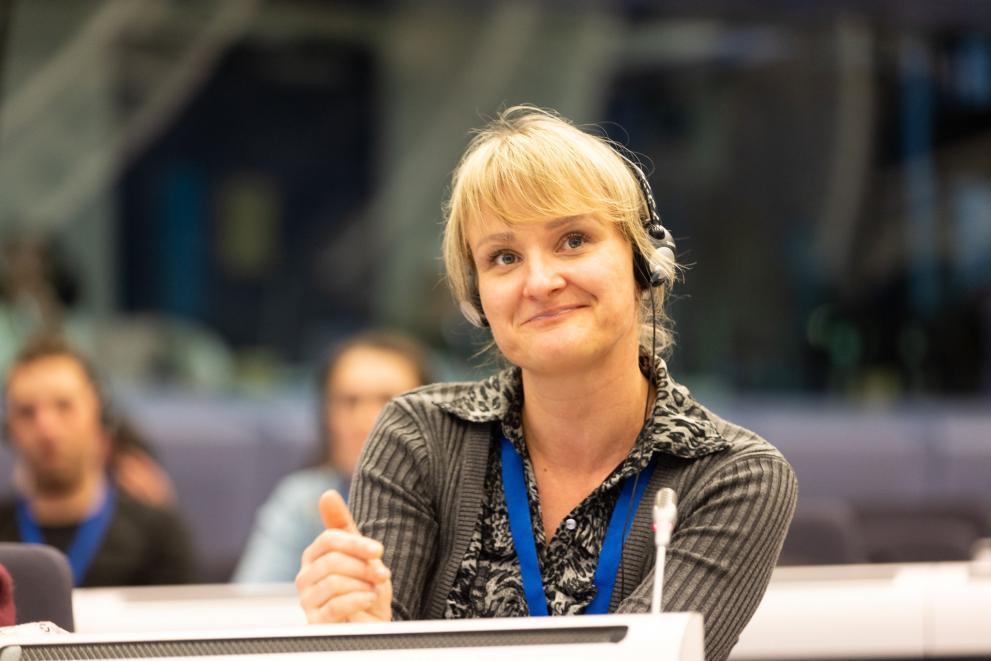

food waste panel participantfood waste panel participant 

Citizens panel speechCitizens panel speech 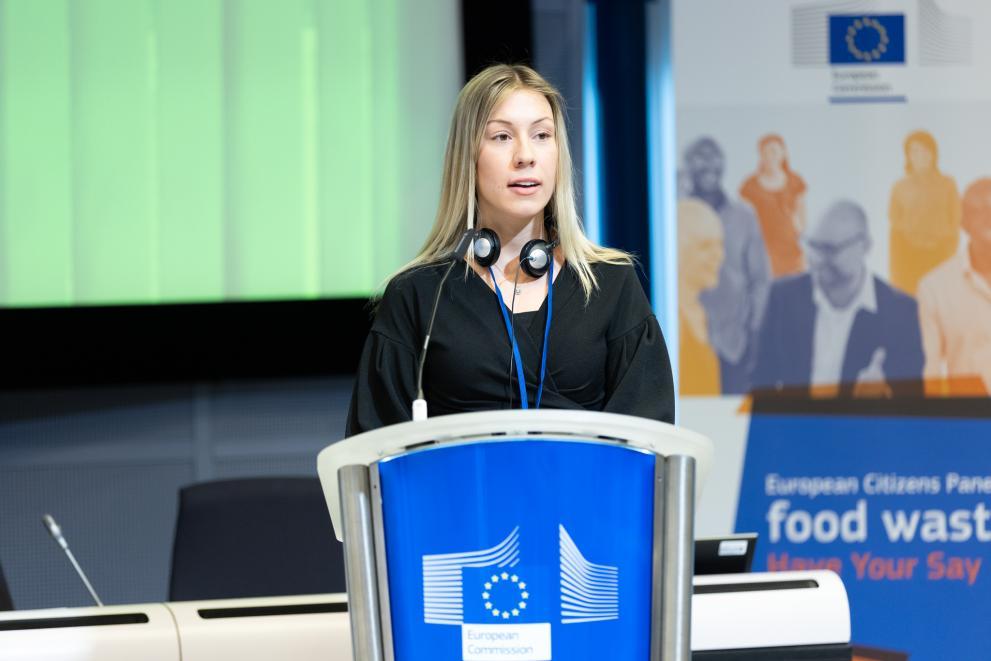

Citizens panel speechCitizens panel speech 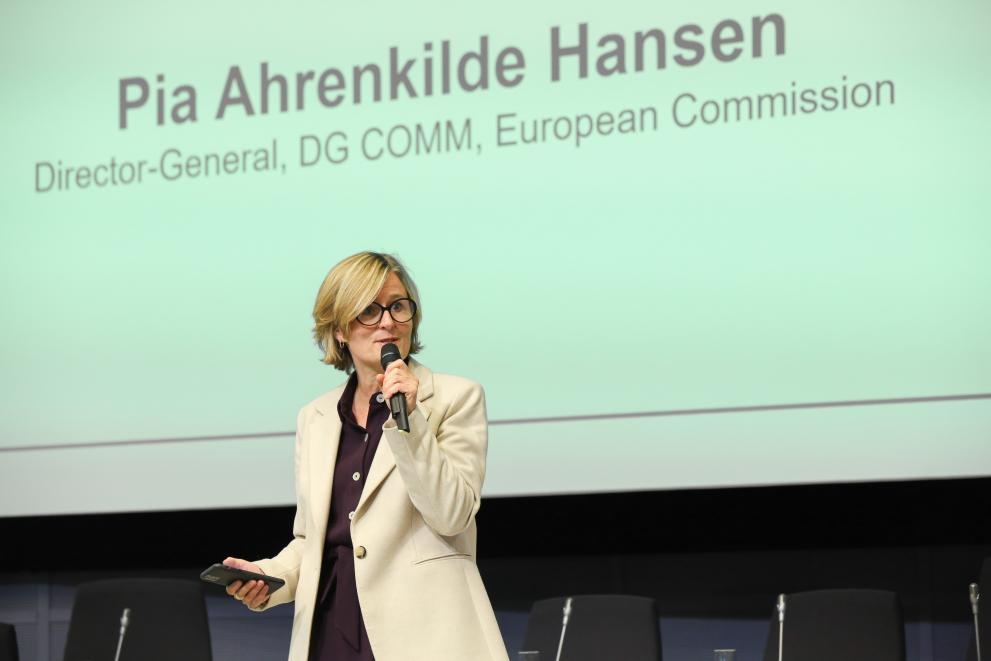

food waste openingfood waste opening


